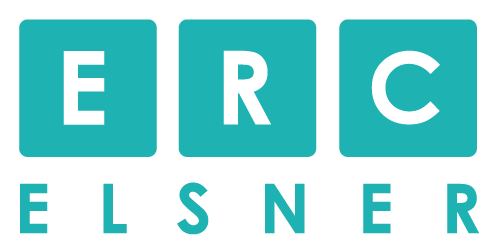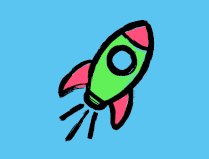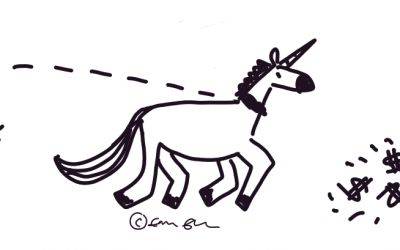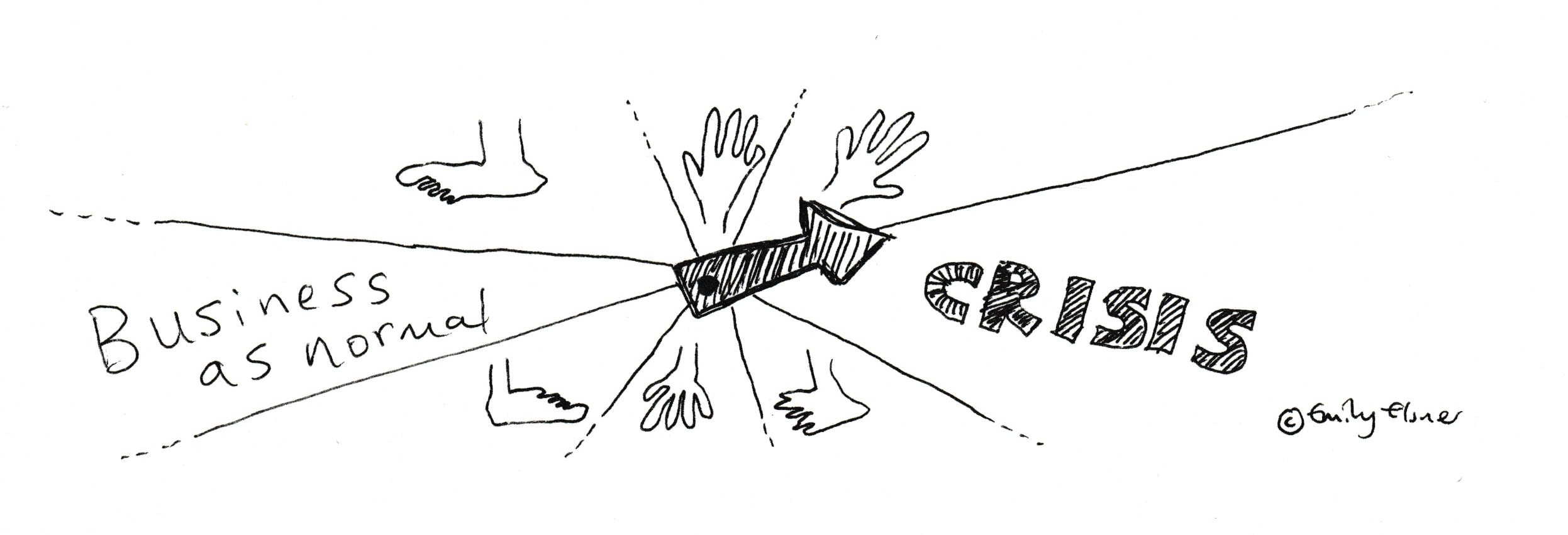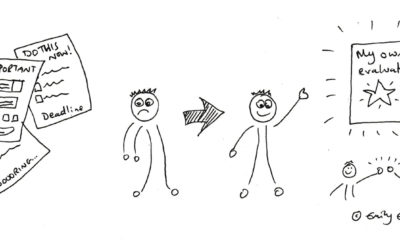‘Evaluation’ – what comes to mind when you hear this word? Perhaps ideas like ‘process’ or ‘tedium’ – and probably not ‘ensuring we have a future’. Luckily for all of us, evaluation and impact measurement are taking to the stage to highlight their contribution to a more sustainable future for our society and our planet.
Not only are we now in the ‘Decade of Evaluation’ in support of the Sustainable Development Goals, but evaluators are stepping up to the challenge of evaluating beyond the traditional project-based approach and tackling chunky questions like ‘is this ensuring diversity, equality and inclusion in society?’ or ‘can we be sure that the benefits delivered now will really ensure a more sustainable future in 10/20/30 years?’.
Organisations like Blue Marble Evaluation and IDEAS are creating criteria to support evaluators and commissioners of evaluations with navigating through the demanding, sometimes contradictory needs of society as it addresses ongoing poverty, inequality and environmental damage. Finding solutions to these challenges is difficult: despite decades of effort and, to be fair, some improvements, much remains to be done – hence the latest global challenge: the Sustainable Development Goals and Agenda 2030.
As more projects, movements and methods are developed to deliver the SDGs and a more sustainable, fair future for us all, it is imperative to be able to track the change that these organisations and methods produce.
But how can you track changes like mindset shifts, growing awareness or even willingness to change? These are often highly personal changes, yet the scale at which they need to act is planetary. And, how can you follow changes within systems that control the way society works, like government, business, etc., which often move slowly, or are subject to short-term timelines (e.g. election cycles) that conflict with the long-term changes needed?
Evaluation has a crucial role in supporting this new future in two ways:
1) By seeking to bring questions around sustainability and social transformation into every evaluation context. This could be as simple as asking how the project/organisation/context is aligned with the SDGs. Evaluation and impact measurement is designed to bring clarity to processes (whether selling products or delivering services) that claim to make a difference in the world. By explicitly aligning with one or more ideals or goals, such as the SDGs, it is thus possible to see both your own effectiveness, but also to contribute to a larger societal effort to change something.
2) By identifying evidence for progress as we go forwards into a more sustainable (and necessarily different) way of working and living. When set up effectively, evaluation and impact measurement can provide important developmental information for organisations seeking change. However, with many non-profit organisations experiencing considerable financial pressure (due in part to funding approaches that do not cover organisational overheads), evaluation and monitoring is too-often an add-on – skimped or applied irregularly in the service of grant reporting, rather than in the service of understanding change in society, and the specific contribution of a project/organisation to that change. Understanding evaluation and impact measurement as a central tool for ensuring effective action on the SDGs or other measures of societal change allows change-makers to have more confidence in what they do.
Are you feeling like you want to engage more strongly with sustainability goals? Or that your existing MEL approach is not quite tackling the big questions that you think are important? Please reach out to me and let me know!
